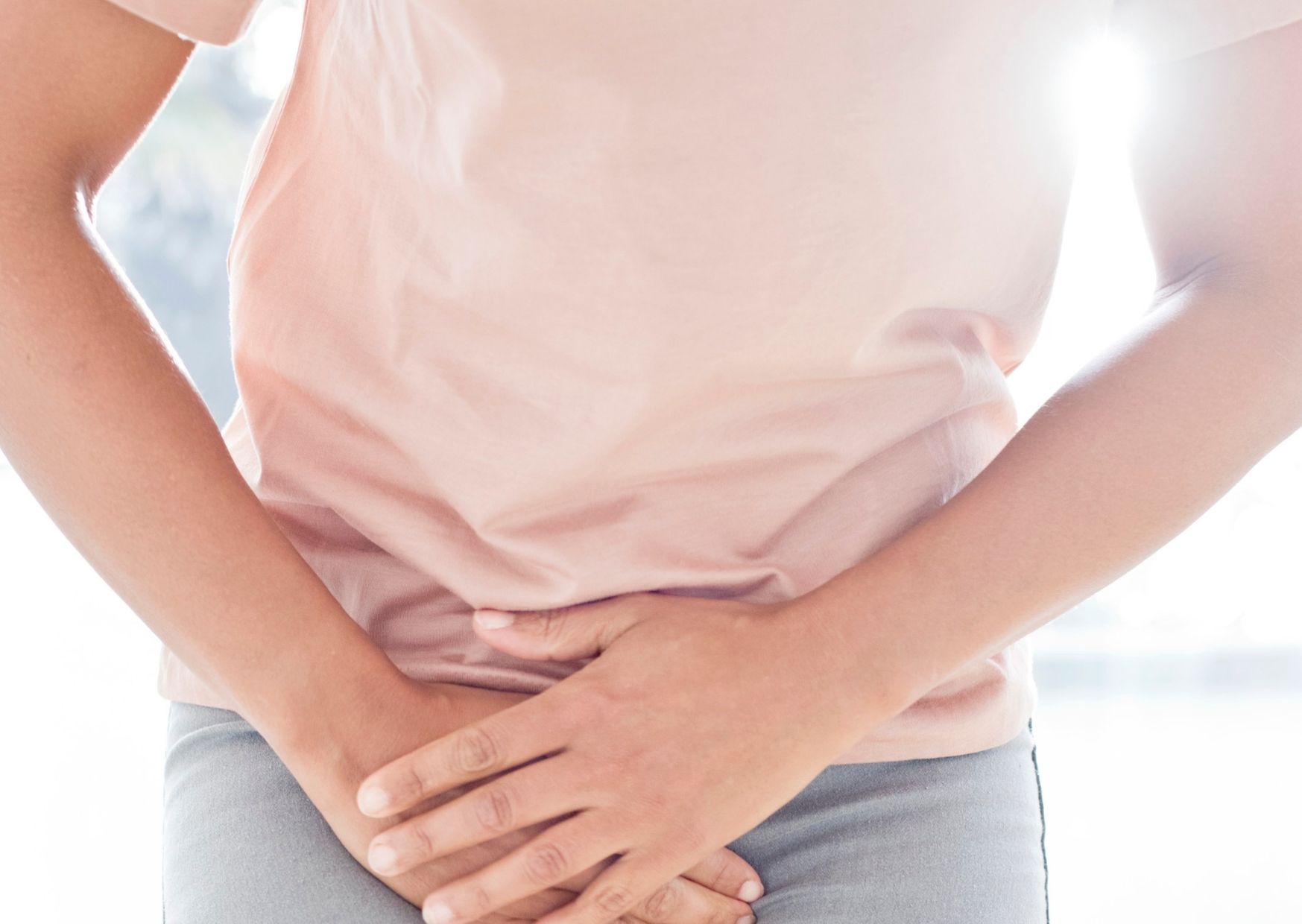Heavy menstrual bleeding, also known as menorrhagia, is a common gynaecological condition that affects many women.
Heavy menstrual bleeding is defined as the loss of more than 80 ml (2.7 fluid ounces) of blood during one period. It can also be described as bleeding that lasts longer than 7 days or is so heavy that it requires changing tampons or pads every 1–2 hours.
To measure the amount of blood loss during a period, several methods can be used. One way is to use a menstrual cup, which can collect and measure the amount of blood.
Another method is to count the number of soaked tampons or pads and estimate the amount of blood loss based on the absorbency of each one. A third option is to use a period tracking app that allows you to log the heaviness of your flow each day.
The typical range of blood loss during a period is around 30–40 ml (1–1.4 fluid ounces) of blood, which is equivalent to 3–5 tablespoons. However, this can vary widely from person to person, and some women may experience heavier or lighter bleeding than this.
How long does a heavy period last?
The duration of menstrual bleeding varies from person to person. A typical menstrual cycle lasts between 21 and 35 days, and menstrual bleeding usually lasts between 2 and 7 days. However, for some women with heavy periods, the bleeding may last longer.A period that lasts for more than 7 days is considered abnormal.
In addition, if you have to use both tampons and pads at the same time, or if you experience flooding (sudden and heavy bleeding), this is also considered abnormal.
